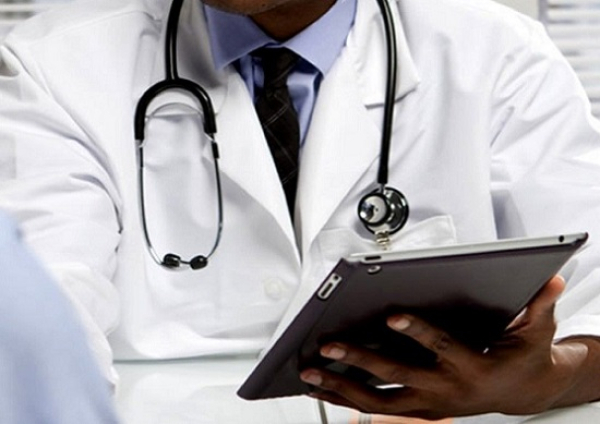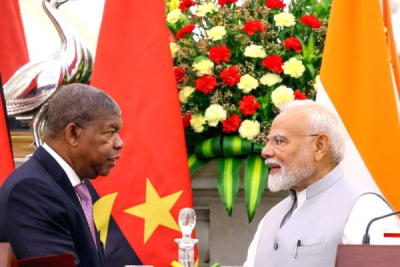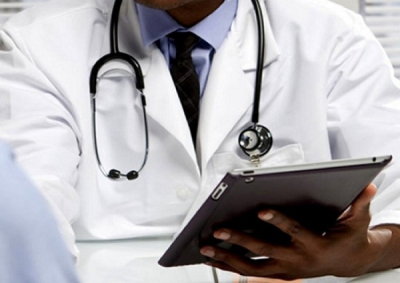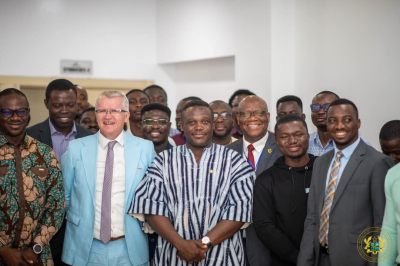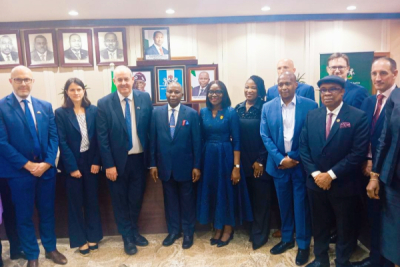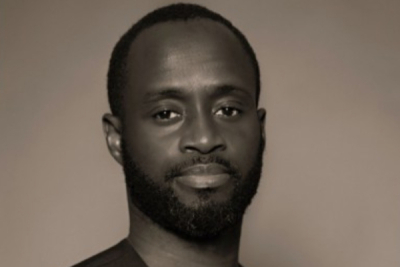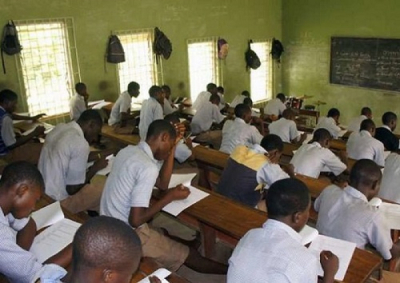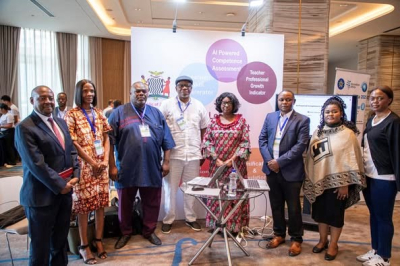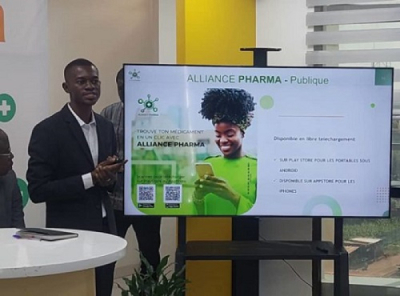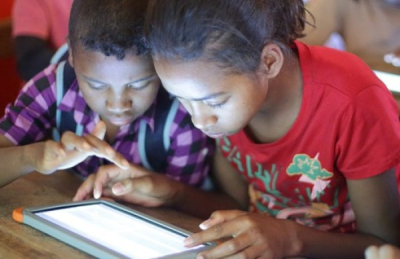- African tech startup funding dropped from $5.2B in 2021 to $2.2B in 2024, with fintech most affected; global VC slowdown and investor caution cited as key causes.
- Healthtech remains resilient, attracting over $1B in five years; startups like Ilara Health (Kenya) and Waspito (Cameroon) are addressing critical healthcare access issues.
- Connectivity and affordability remain major hurdles, with limited mobile internet access and high smartphone costs slowing healthtech adoption despite infrastructure gains.
A recent dip in funding for African tech startups reflects a broader slowdown in venture capital and increased investor caution due to global economic uncertainties. Following a boom in investment in 2021, the global venture capital market, including in Africa, underwent a correction in 2022 and 2023.
"Two years into the global downturn, it's clear the African tech ecosystem is experiencing the full severity of it even though it's faring much better than the Latin America and Southeast Asia regions," Cyril Collon, General Partner at the transatlantic fund Partech, noted in 2024.
He added that "despite this correction, over the last 10 years, the African tech ecosystem has still grown nearly tenfold in transactions and funding amount with about $20 billion invested in roughly 3,000 deals, 68% of it in the last three years."
According to Partech Africa, African startups collectively raised $5.2 billion in equity funding in 2021, a figure that dropped to $2.2 billion in 2024. Fintech, historically the most attractive segment for investment on the continent, also felt the impact of this capital squeeze. In 2021, African fintech companies raised $3.2 billion, representing 63% of total funding, compared to $1.35 billion in 2024.
A Resilient Ecosystem
Despite the funding pullback, healthtech has attracted over $1 billion in Africa over the past five years, according to Ecofin Agency. From $18 million in 2018, funding surged tenfold the following year to $189 million, peaking at $230 million in 2021. These investments have enabled innovators to proliferate e-health solutions across the continent, ranging from telemedicine platforms to drone delivery of medication and blood in road-inaccessible areas.
In Kenya, Ilara Health provides affordable diagnostic tools to healthcare providers in rural areas. The company partners with artificial intelligence services integrated into its technology platforms distributed to doctors, thereby improving the organization of patient care in rural settings. Since its 2019 launch, Ilara Health has secured approximately $10.8 million in investment to fuel its activities.
Cameroonian healthtech startup Waspito connects patients and doctors for instant video consultations through its mobile app available on iOS and Android. Launched in 2020, Waspito has raised around $8.7 million, according to Crunchbase, to develop its technology and expand into other African countries such as Gabon, Côte d’Ivoire, and Senegal.
These startups are tackling the critical shortage of healthcare professionals and infrastructure across the continent. In 2021, sub-Saharan Africa averaged 2.3 doctors and 12.6 nurses/midwives per 10,000 inhabitants, compared to 39.4 and 89.5 in Europe, for example. The World Health Organization (WHO) projects that Africa will face a deficit of 6.1 million health professionals by 2030, a 45% increase from 2013 estimates.
"The severe shortage of health professionals in Africa has disastrous implications. Without adequate and well-trained staff, tackling challenges such as maternal and infant mortality, infectious and non-communicable diseases, and the provision of essential health services like vaccination remains a difficult battle," said Matshidiso Moeti, WHO Regional Director for Africa, in 2022.
Scaling Healthtech: Overcoming Hurdles
Expanding access to healthtech solutions faces the significant challenge of limited internet access across the continent. Data from the GSM Association (GSMA) indicates that sub-Saharan Africa had 320 million mobile internet users in 2023, with a penetration rate of 27%. This figure is projected to grow annually by 6.2% to reach 520 million by 2030, representing a penetration rate of 37%.
This limited access is attributed to the cost of smartphones, the price of internet service, and infrastructure limitations. The GSMA emphasizes "an urgent need to reform taxation to improve the affordability of smartphones and mobile services, whose cost is a major barrier to mobile broadband adoption."
Africa's Telecommunications Infrastructure Index (TII) score in 2024 was 0.4534 out of 1, according to the United Nations. This represents a 27.8% increase from 2022, when the score was 0.3548. The global average, in contrast, was 0.6896 out of 1.
If these various obstacles can be overcome, healthtech has the potential to become a strategic cornerstone for the sustainable improvement of Africa's healthcare sector. By leveraging digital tools to bring care closer to the population, startups in this sector are reinventing healthcare delivery. The crucial question remains whether the ecosystem can once again attract the necessary funding to move beyond pilot projects and achieve systemic integration.


